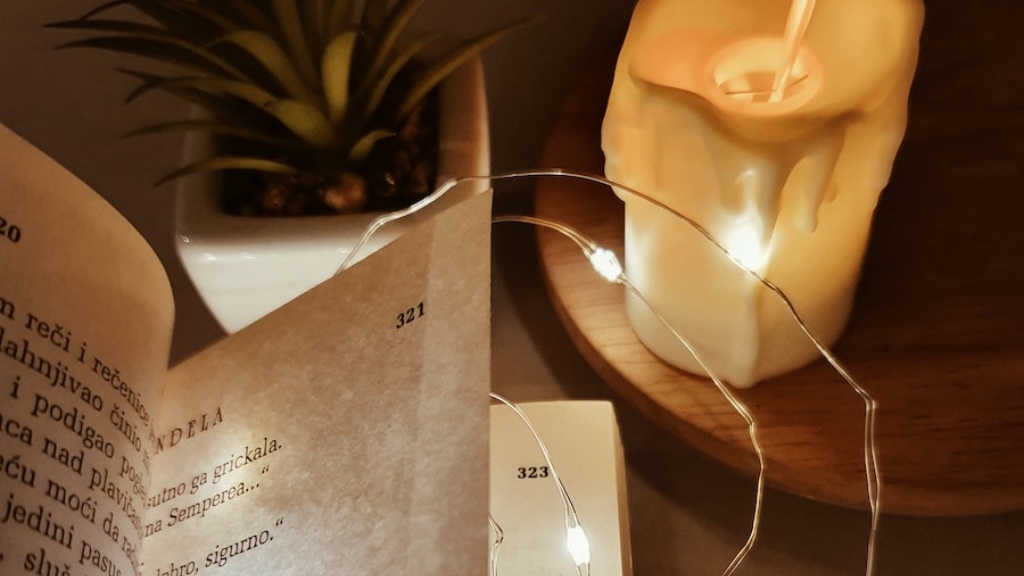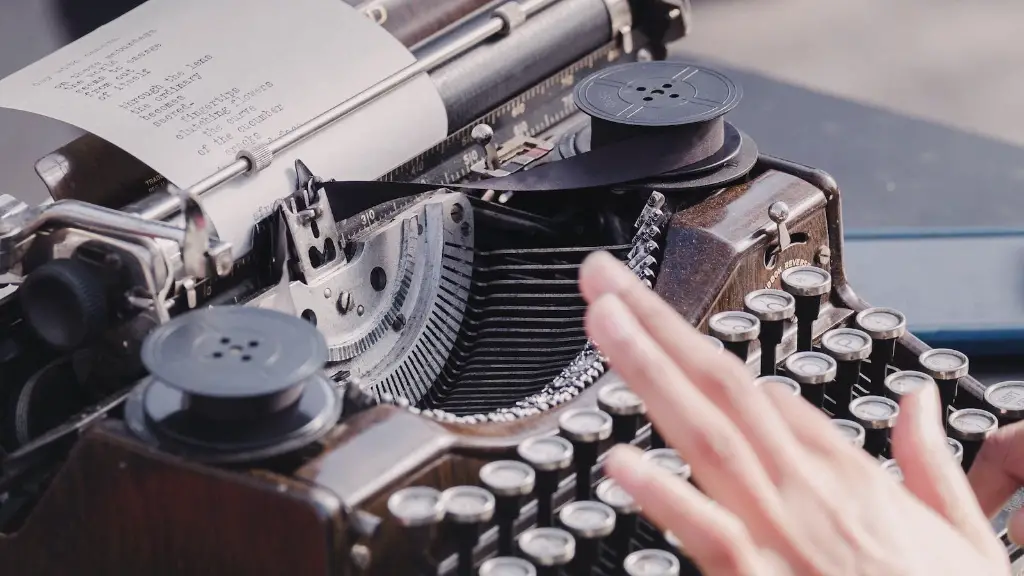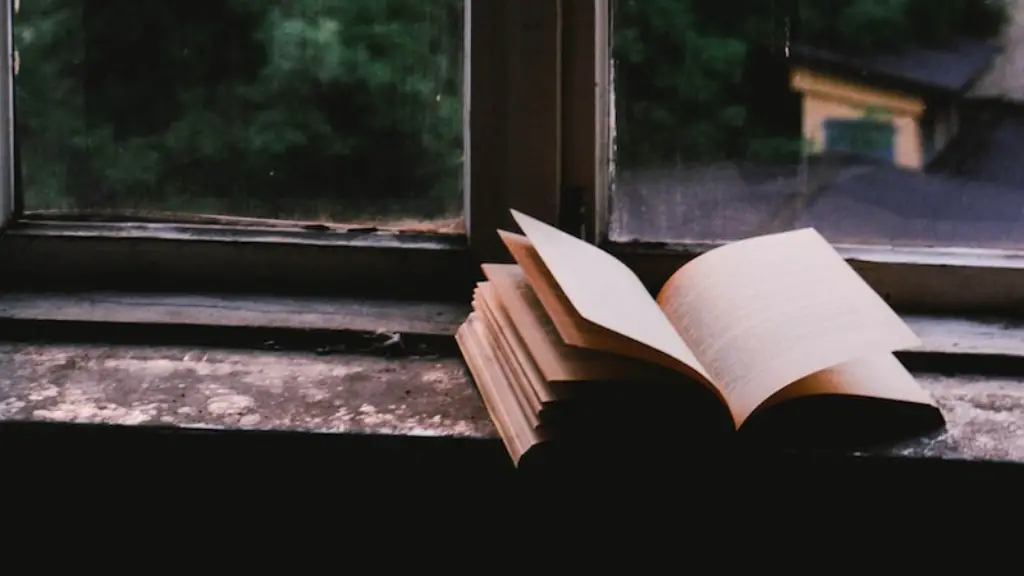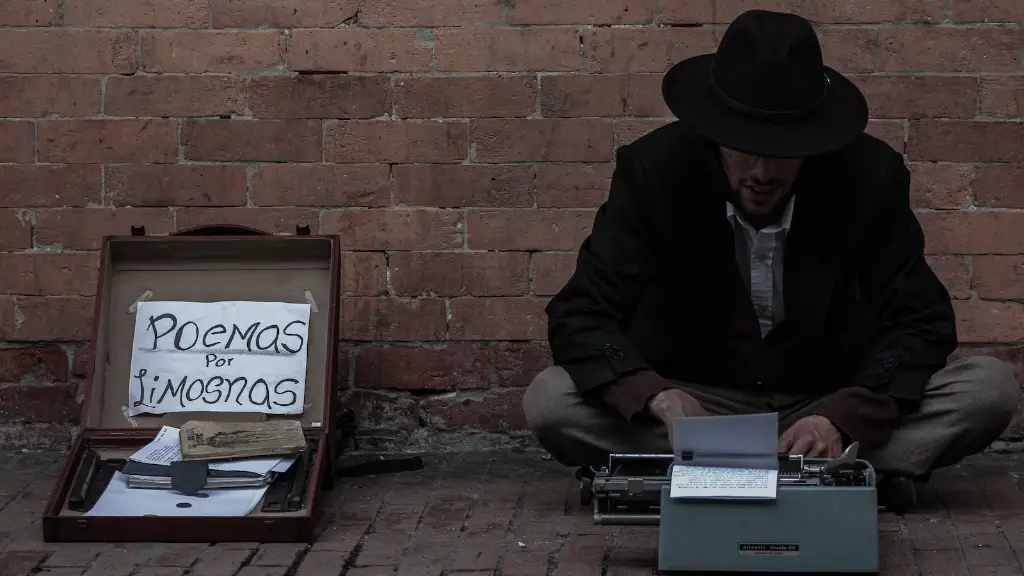Understand the term ‘Poetry’
Poetry is a creative art form, an expression of emotions and thoughts in an imaginative or creative way. It can be written or recited, performed, or composed in any language or in any style. It is a form of literature, a rhythmic and structured way of communicating thoughts and feelings, conveying messages and telling stories. Poetry can be serious, light-hearted, political, religious, or romantic. It can be written in all different forms and formats including blank verse, lyric, vers libre, haiku, sonnet, ode, and more.
Study Quality Poetry
The best way to become a better poet is to study quality poetry. Find poets whose works you admire and closely analyze their writing style and techniques. Before you can create your own unique style, you must understand what techniques and themes are used by established poets. Make sure to read a variety of different poets and pay attention to the techniques that these poets use for writing beautiful and haunting verses. When you read quality poetry, you will be able to identify different patterns, techniques and words that can be used in your own writing.
Start a Poetry Collection
Whether in a physical or digital form, a poetry collection is an invaluable resource for any aspiring poet. Start a collection to help you get inspired when you have creative ruts. Feel free to explore different kinds of poetry — haikus, sonnets, odes, limericks, ballads, and more — to help you discover the styles that you prefer.
Brainstorm Ideas
When it comes to writing poetry, it is important to brainstorm ideas before you start putting words on paper. Take a few moments to consider various topics and themes that interest you. Ask yourself, “What do I want to communicate? What will move people emotionally? How can I best express my thoughts and feelings?” As you brainstorm, you can use images, words, thoughts, or even quotes to shape your poem.
Start Writing
Once you have identified your creative direction and the core idea you wish to express, you’re ready to start writing — but not just yet! Before you begin, it’s important to structure your poem by outlining it. This means separating your poem into sections, such as a prologue, a body, and an epilogue. With a strong outline, you can map out the poem’s journey and decide how it will come together. Make sure to use short sentences and simple vocabulary as you write your poem. Let the words flow naturally, allowing them to create the structure themselves.
Revise and Edit
Now it’s time to do some revising and editing. When it comes to writing poetry, there is no such thing as perfection — at least not right away. Polishing your poem can significantly improve its impact, so be patient and persevere. Take a break and read the poem out loud — you’re more likely to catch errors when reading your poem aloud. You can also ask someone else to read and provide constructive feedback. Finally, try to be as objective as possible when editing your poem — be aware of sentiment and sentimentality.
Now that you have revised and edited your poem, you are ready to share it with the world. You can publish your poem online through personal blogs, websites, and other social media platforms. You may also consider submitting your poem to journals and contests or having it published in a poetry anthology or book. If you’re feeling brave, why not read your poem at an open mic or poetry slam? Whichever option you choose, remember to be proud of your work and have the confidence to share it with others.
Develop a Creative Writing Space
Creating the right environment is essential to writing quality poetry. Allocate a special place in your home where you can write your poems in peace. This space should help you focus on your craft and channel deep emotions and ideas. Find a quiet, comfortable corner and equip it with items that can help you get in the proper mood — books, music, candles, blankets, and more.
Take Part in Writing Workshops
Taking part in writing workshops is an excellent way to connect with fellow writers and learn new techniques. Regularly attending poetry workshops, lectures, readings, and seminars can help you make valuable connections and discover new paths for writing. You can also find inspiration and guidance from experienced writers and poets. Moreover, writing workshops provide a great opportunity to practice reading your poems out loud and to receive constructive feedback from others.
Write Regularly
The key to becoming a better poet is to write regularly. Even if you’re not always inspired, make sure to write something every day. Regular writing will give you the opportunity to experiment with different styles and techniques and to hone your craft. It also gives you a sense of direction and keeps you motivated and focused on your creative journey.
Find a Community
As a poet, it is important to find a community of like-minded people who inspire and encourage you. Connecting with other artists, discussing ideas, and exchanging critiques can help you stay focused, get feedback, and learn from your peers. You can join creative writing groups online or attend literary events in your area.
Be Patient
Writing poetry is a process of hard work, dedication, and self-discovery. Knowing how to start poetry takes practice and patience — it takes time to master the craft. Don’t be discouraged if you can’t immediately find the right words and expressions to channel your thoughts and feelings. Persevere and be patient — it will be worth it in the end.
Finally, don’t be afraid to share your work and gather feedback. Even if your poem is not yet complete, you can still present it to your peers and receive valuable advice. Don’t forget to listen to criticism — it will help you develop an inner compass and refine your writing craft. Share your work, read and discuss poetry, and don’t be afraid to step out of your comfort zone. Now go and start writing!



